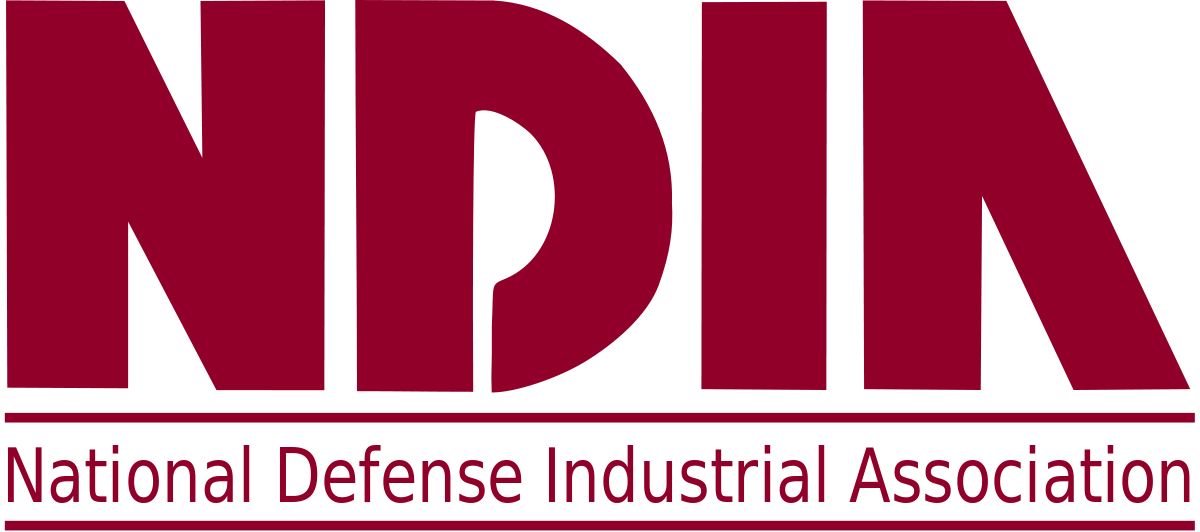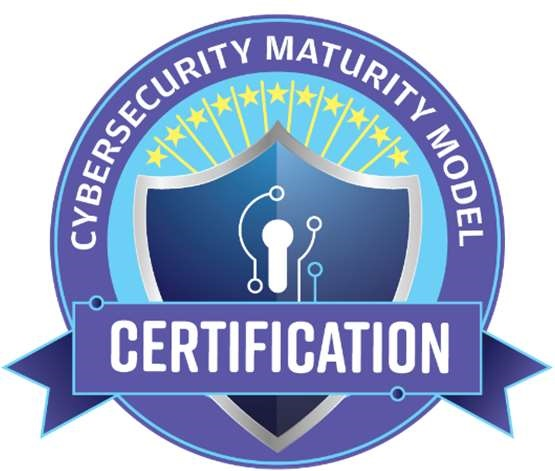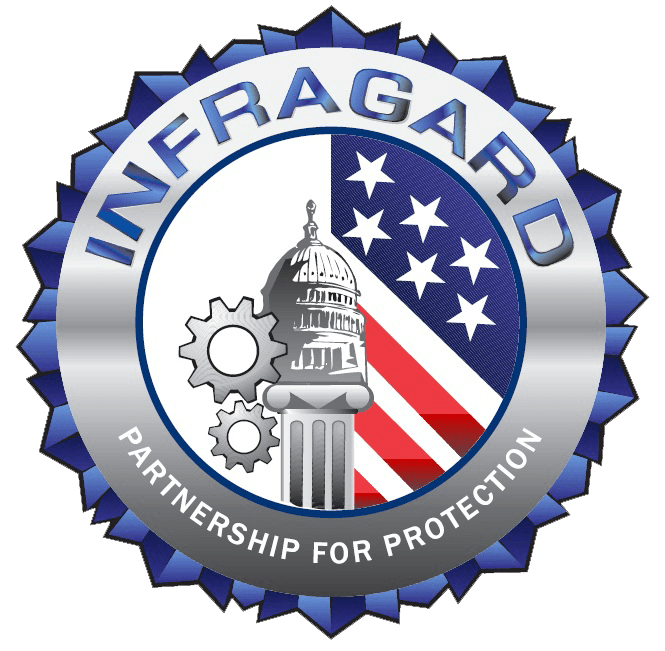Department of Defense (DoD) contractors benefit greatly from readiness assessments as they prepare for the Cybersecurity Maturity Model Certification (CMMC), which are going to be required in order to be awarded new contracts with the DoD.
The certifications will be assessments similar to the Defense Industrial Base Cybersecurity Assessment Center (DIBCAC), Federal Risk and Authorization Management Program (FedRAMP), and System and Organization Controls 2 (SOC 2). The “moment in time” assessment approach is no longer good enough. Even after you’ve done the work and feel confident about the result, that doesn’t mean an auditor will share your opinion.
Readiness assessments provide great value when it comes to third party audit assessments like DIBCAC, FedRamp, CMMC and SOC 2.
Our team can conduct a readiness assessment for you that will make your third-party audit from a certified assessor more efficient.
Schedule a free consultation with our Cybersecurity experts that will help you avoid fines or the loss of your contract. Call or contact us today at 612-428-3008.
Readiness Assessments: DIBCAC, FedRAMP, SOC 2
DIBCAC is making great progress in helping the Defense Industrial Base (DIB) reduce the risk of exposing sensitive information through their Defense Federal Acquisition Regulation Supplement (DFARS) clause 252.204- 7012, which assesses adequate security implementations. The FedRamp Ready designation means a Third Party Assessment Organization (3PAO) has certified that DoD contractors and their subcontractors are ready for the FedRamp authorization process. A SOC2 readiness assessment is essential for virtually all service organizations that are new to the American Institute of Certified Public Accountants (AICPA) SOC framework.
DIBCAC Readiness Assessment
The federal government has required those in the Defense Industrial Base, who handle Controlled Unclassified Information (CUI), to implement The National Institute of Standards and Technology (NIST) Special Publication (SP) 800-171’s cybersecurity requirements since December 31, 2017. This document describes 110 controls that are needed to protect (CUI) in non-federal information systems. The Defense Contract Management Agency (DCMA) began assessing large DIB companies for their implementation of these controls in July 2019.
DCMA determined that its largest DCMA partners already had strong security programs that met NIST requirements during its first 16 assessments. DIBCAC then began conducting over 100 DFARS 252.204-7012 assessments per year starting in October 2019, focusing on mid-and small-sized DIB partners. Although they provide important technical capabilities and services for the DoD, some of these companies are quite small.
These smaller contractors often have a poor understanding of NIST requirements or have failed to implement them. Cuick Trac works closely with company leaders and subject matter experts to ensure they understand these compliance requirements. This increased focus on the importance of security can significantly improve a contractor’s security posture, including processes and specific programs. In addition to meeting federal requirements, this process also helps companies protect their own data and intellectual property (IP).
Correcting areas of deficiency can better prepare a contractor for a security incident when it becomes essential to identify an attack, develop mitigations for it, and remediate the vulnerabilities that allowed the attack to occur. A DIBCAC readiness assessment may also lead to valuable insights and discussions on improving an organization’s incident response. These attacks can result in the disclosure, loss, or corruption of covered defense information that’s been entrusted to a contractor in addition to that company’s own IP. This information differentiates a contracting firm from its competitors and is a key requirement for that company’s continued reputation, future growth, and success.
Cuick Trac continues to promote the need for greater security as we continue our assessments while working with contractors, the DoD, and defense industry groups. This practice not only helps contractors meet their requirements, but it’s also a best practice for reducing the risk to critical infrastructure that’s essential for the physical and economic security of the United States.
FedRAMP Readiness Assessment
Several types of contractors may need a FedRAMP readiness assessment, including cloud service providers, FedRAMP authorized vendors, and contractors with questions on federal cybersecurity requirements.
A cloud service provider needs a 3PAO for pre-assessment purposes or to get authorization for their services. Our audit teams have extensive practical experience in assessing the complex requirements of today’s cloud platforms. Most of our team members have backgrounds in government information security, allowing us to efficiently conduct this process. Our entire audit team works on assessments to control your costs. We also ensure cloud services providers understand the audit process itself and the need for continuous monitoring and assessments.
A contractor may already be a FedRAMP authorized vendor without being entirely satisfied with its current 3PAO. This can occur when the auditor isn’t compatible with the contractor for some reason, such as inexperience with handling a contractor of that size. Cuick Trac works with contractors of all sizes, so we can customize our efforts by bringing the right engineers and analysts for your particular needs.
Contractors may also need a FedRAMP readiness assessment when they have questions about the Federal Information Security Management Act of 2002 (FISMA), NIST SP 800-171, and NIST SP 800-53. A security partner like Cuick Trac should have a large knowledge base that allows contractors to get the information they need on these topics quickly.
The FedRAMP authorization process begins with a pre-assessment, in which we collaborate with you to prepare your team for the assessment. The next phase is the 3PAO readiness assessment that includes a review of your existing security capabilities. The assessment itself is the next phase, which determines if you’ll receive authorization to be included in the FedRAMP Marketplace. Maintaining FedRAMP authorization also requires you to pass an annual assessment that we can tailor for your company.
SOC 2 Readiness Assessment
Any organization that stores, processes, or manages confidential customer data in connection with the AICPA SOC framework will need a SOC 2 readiness assessment. This process identifies security gaps in your network that result in your company failing a compliance audit. The first step is to determine the specific trust service criteria and principles that your SOC 2 audit needs to cover. The report for your SOC 2 readiness assessment will generally provide stakeholders with information on your organization’s controls, including resource availability, data privacy, processing integrity, access control, and user authentication.
Conducting a SOC 2 readiness assessment requires a solid understanding of the security risks and vulnerabilities posed by your current policies and procedures. You also need to know how each risk factor affects your organization’s controls before it can meet the SOC 2 criteria.
These factors include the channels your organization uses to deliver data and the nature of that technology. You also need to consider the commitments you’ve made to stakeholders such as customers and third-party vendors. Your organization’s responsibilities for operating its IT processes are also a potential risk with regard to SOC 2 readiness. Additional risk factors include the type of data your organization generates, stores, and processes, as well as the operating environment of its various systems.
It’s likely you’ll still need guidance on mitigating risks, even after you develop a thorough understanding of the gaps in your current controls. Risk mitigation is a critical aspect of SOC 2 readiness because it can prevent a security breach from occurring and minimize the damage it causes if it does occur. This assessment also describes which of an organization’s SOC 2 controls would pass an audit and which would fail. This information can direct stakeholders to immediately implement a system security plan to pass an audit rather than waiting for a cyber incident to identify your organization’s vulnerabilities.
Time is another factor to consider when planning a SOC 2 readiness assessment. A SOC 2 audit is an expensive undertaking, so you need to be as well prepared as possible. Preventable errors at this stage are a waste of your valuable financial resources.
The assessment will need to be complete with enough time for your organization to respond to the identified issues before the audit begins. It’s important to perform this process in a calm, unhurried manner to ensure you’ve properly implemented the required fixes. This approach is particularly important for time-consuming measures such as implementing training programs and revising established processes. You also need to review your readiness assessment with the vendor after these steps are complete to ensure you’ve done everything you can to pass the SOC 2 audit.
Start Your DFARS Compliance Today with a DFARS Readiness Assessment
Cuick Trac team members are NIST experts who understand the need to balance security needs against operational requirements. We can also customize a risk assessment for your organization’s specific needs. For example, we can develop scalable solutions to comply with a variety of federal security requirements for defense contractors of all sizes.
We also use a holistic approach to information security that emphasizes collaboration and education to build cost-effective solutions for our clients.
Do you need to prepare for a for DIBCAC, FedRamp, CMMC, or SOC 2 assessment? Schedule a free consultation with our cyber security experts to avoid fines or missing out on new business awards by implementing the 110 controls needed for NIST 800-171 compliance.






